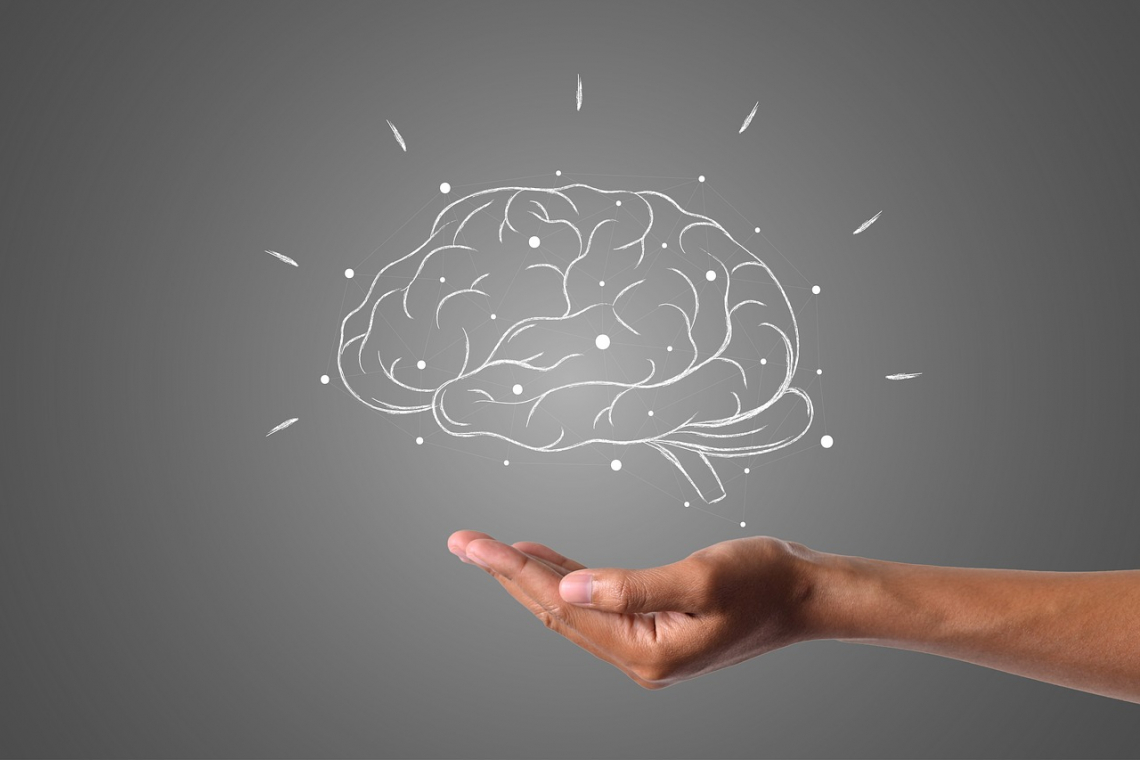One of the most quoted sentences in the West is the remark by the great philosopher Socrates: "I know that I know nothing", although it is not quite clear whether the wisdom condensed from the somewhat awkwardly formulated original Greek sentence would not be better translated as "I know that I do not know".
"The wording of the Socrates quote is contradictory"
What strikes me personally about the famous dictum is that its wording contains a contradiction in the sense that Socrates definitely knows something despite all denials. He knows that he has the will to want to know something, and in his efforts to do so he must have realized what he does not yet know and that this makes him continue to ask questions. It would be highly encouraging to say: "I know what I don't know", because this sets the direction of the search and sets you on the right path. If you look at scientific journals, you can find this general sentence in many specific variations, some of which I would like to list. They are all from November 2024, but you can find them at almost any time of year.
Here are some examples from the leading scientific journal Nature:
Swiss biologists are interested in how organisms develop from a single-celled zygote into a multicellular creature. They are certain that this requires a series of precisely orchestrated processes and justify their work by stating that the evolutionary origins of these processes are largely beyond our knowledge. American neurobiologists have investigated the role of some brain regions - including the hippocampus - in learning and have realized that the dynamic characteristics of cellular development remain a complete mystery to them. Belgian geneticists have investigated how bacteria with certain toxins contribute to the development of colon cancer, only to discover that they have no idea how the dangerous molecules that make them carcinogenic get into the cells.
This series of examples shows that the opposite of what Socrates is supposed to have said is true in research. Today's science does know something. It knows exactly what it wants to know. But it also knows that it does not know everything afterwards, but can only say more precisely what it wants to know next. A never-ending story.


